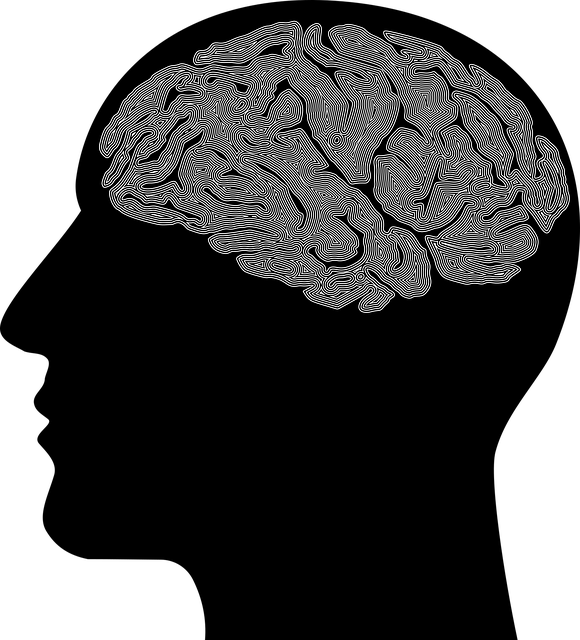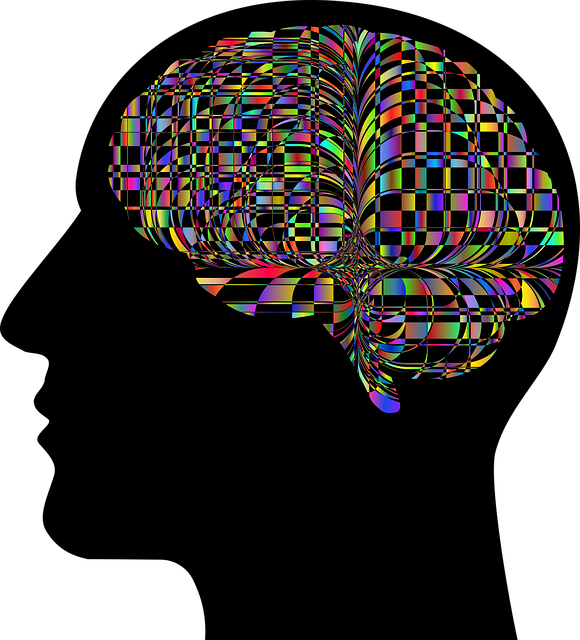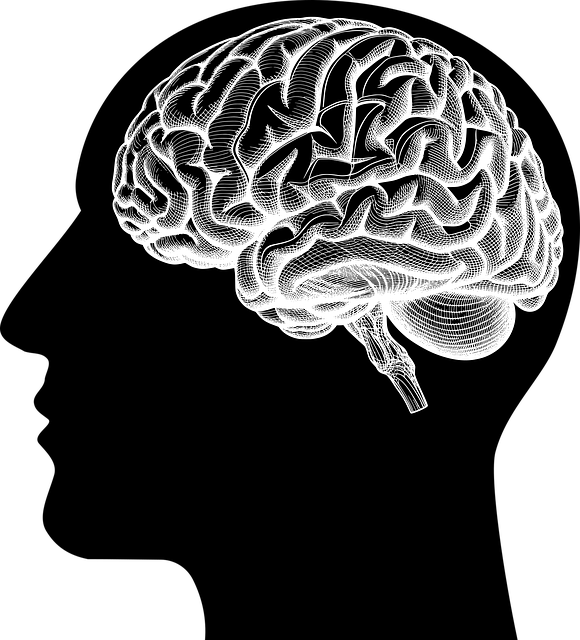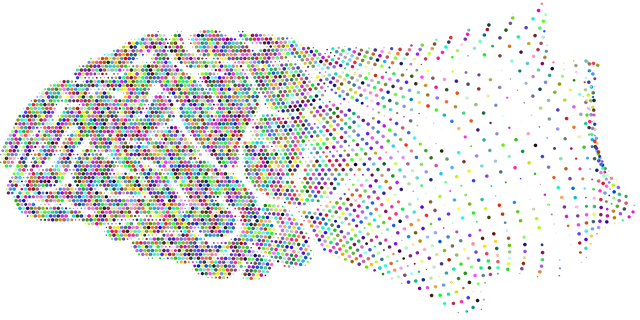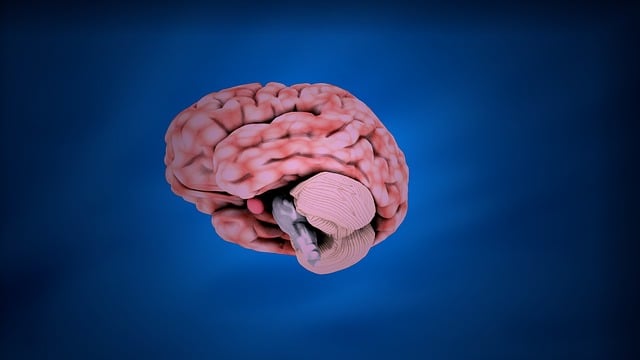Crisis Intervention Teams (CITs) play a vital role in addressing mental health crises, offering support through specialized programs like Northglenn Functional Neurological Disorder Therapy. These teams provide immediate intervention and long-term coping strategies, breaking down barriers and reducing stigma associated with mental health issues. Northglenn's advanced training equips professionals with skills to handle complex cases, including functional neurological disorders (FNDs), through cutting-edge techniques and practical exercises. The program emphasizes a multifaceted approach, combining education, role-playing, and simulations to enhance crisis navigation capabilities while promoting team resilience and continuous learning. Continuous education ensures CITs stay updated on best practices, leading to improved mental health outcomes for individuals facing FNDs and other crises.
“Crisis intervention team (CIT) training programs play a pivotal role in equipping professionals to handle mental health crises effectively. This article explores the crucial components of CIT training, drawing insights from Northglenn Functional Neurological Disorder Therapy—a specialized approach that has revolutionized support for individuals with neurological disorders.
We delve into the key roles of these teams, effective training methodologies including simulation and role-play, and the importance of continuous education. Understanding these elements is essential in enhancing crisis response capabilities.”
- Understanding Crisis Intervention Teams: Their Role and Impact
- Northglenn Functional Neurological Disorder Therapy: A Specialized Approach
- Components of Effective Crisis Intervention Team Training
- Preparing for Real-World Scenarios: Simulation and Role-Play Exercises
- Continuous Education and Support for Crisis Intervention Teams
Understanding Crisis Intervention Teams: Their Role and Impact

Crisis Intervention Teams (CITs) are specialized groups of professionals trained to respond swiftly and effectively during mental health crises. These teams play a pivotal role in communities, offering immediate support and guidance to individuals experiencing severe emotional distress or behavioral emergencies. By integrating various disciplines, such as Northglenn Functional Neurological Disorder Therapy, CITs provide comprehensive care tailored to each individual’s unique needs.
The impact of CITs extends beyond acute intervention; they foster long-term strategies for anxiety relief, mood management, and inner strength development. Through collaborative efforts, these teams break down barriers, reduce stigma, and promote healing. By equipping individuals with coping mechanisms and empowering them to navigate future challenges, CITs contribute significantly to the overall well-being of communities, ensuring that those in crisis receive the necessary support to recover and rebuild their lives.
Northglenn Functional Neurological Disorder Therapy: A Specialized Approach

Northglenn Functional Neurological Disorder Therapy offers a specialized approach to crisis intervention team training, focusing on addressing complex mental health challenges. This program goes beyond traditional therapy by integrating cutting-edge techniques and strategies tailored for professionals managing neurological disorders. The unique curriculum equips teams with the skills needed to recognize and respond effectively to the specific needs of individuals facing functional neurological disorder (FND) symptoms, enhancing their ability to provide immediate and appropriate care.
By prioritizing mental wellness and risk management planning, Northglenn’s training goes beyond crisis intervention to foster a culture of resilience within healthcare teams. The program encourages collaboration and continuous learning, ensuring professionals are prepared to navigate the intricate landscape of FND. This specialized development aligns with the growing demand for mental wellness coaching programs, offering a comprehensive solution for both practitioners and those they serve.
Components of Effective Crisis Intervention Team Training

Effective crisis intervention team training programs are multifaceted, encompassing various components crucial for equipping teams to handle crises with empathy and efficiency. At Northglenn Functional Neurological Disorder Therapy, we recognize that every team member needs to be adept in recognizing and responding to mental health emergencies. Training should include comprehensive education on conditions like functional neurological disorders (FND), as well as trauma support services, fostering an environment where folks can openly discuss challenges without fear of judgment.
The programs must also delve into the development of mental wellness coaching skills, promoting positive thinking and resilience among team members. Through role-playing scenarios, simulations, and group discussions, participants learn effective communication strategies to de-escalate situations and offer tailored support. By integrating these diverse aspects, crisis intervention training becomes a transformative experience, preparing teams to navigate labyrinthine crises with compassion and professionalism.
Preparing for Real-World Scenarios: Simulation and Role-Play Exercises

Preparing for real-world scenarios is a crucial component of crisis intervention team training. Simulation and role-play exercises offer an immersive experience that allows participants to practice their skills in a safe environment. These exercises often replicate high-stress situations, such as managing a client with a mental wellness challenge like functional neurological disorder (Northglenn Functional Neurological Disorder Therapy), including panic attacks or severe anxiety. Through these simulations, team members can enhance their self-awareness exercises and develop effective strategies for de-escalation and support.
By engaging in role-play scenarios, the teams can refine their communication skills, learn to recognize subtle cues, and adapt their approaches based on individual needs. This hands-on learning is integral to building confidence and fostering a culture of empathy within the crisis intervention team. Stress management workshops and development programs become more impactful when backed by practical experience gained through such realistic simulations.
Continuous Education and Support for Crisis Intervention Teams

Continuous education is vital for Crisis Intervention Teams to stay up-to-date with the latest research and best practices in mental health support. Regular training sessions, workshops, and webinars can help team members enhance their skills in recognizing and responding to a wide range of crises, including those related to functional neurological disorders (FNDs). For instance, Northglenn Functional Neurological Disorder Therapy offers specialized programs focused on mood management and coping skills development, ensuring that intervention teams are equipped to handle complex cases effectively.
Additionally, fostering a supportive environment is key to maintaining team resilience. Mental wellness coaching programs can be integrated into the ongoing training curriculum to promote personal growth and reduce burnout among team members. These initiatives not only strengthen the team’s collective capacity but also contribute to improved individual mental health, enabling better support for individuals facing FNDs and other crises.
Crisis intervention team (CIT) training programs, such as those offered by specialized centers like Northglenn Functional Neurological Disorder Therapy, play a pivotal role in equipping professionals to handle mental health crises effectively. By focusing on evidence-based practices and incorporating real-world scenarios through simulation and role-play, these programs ensure CIT members are prepared to make a tangible impact. Continuous education and support post-training further enhance their readiness to navigate complex situations. Ultimately, investment in comprehensive CIT training is a game-changer, fostering better outcomes for individuals facing mental health challenges.
